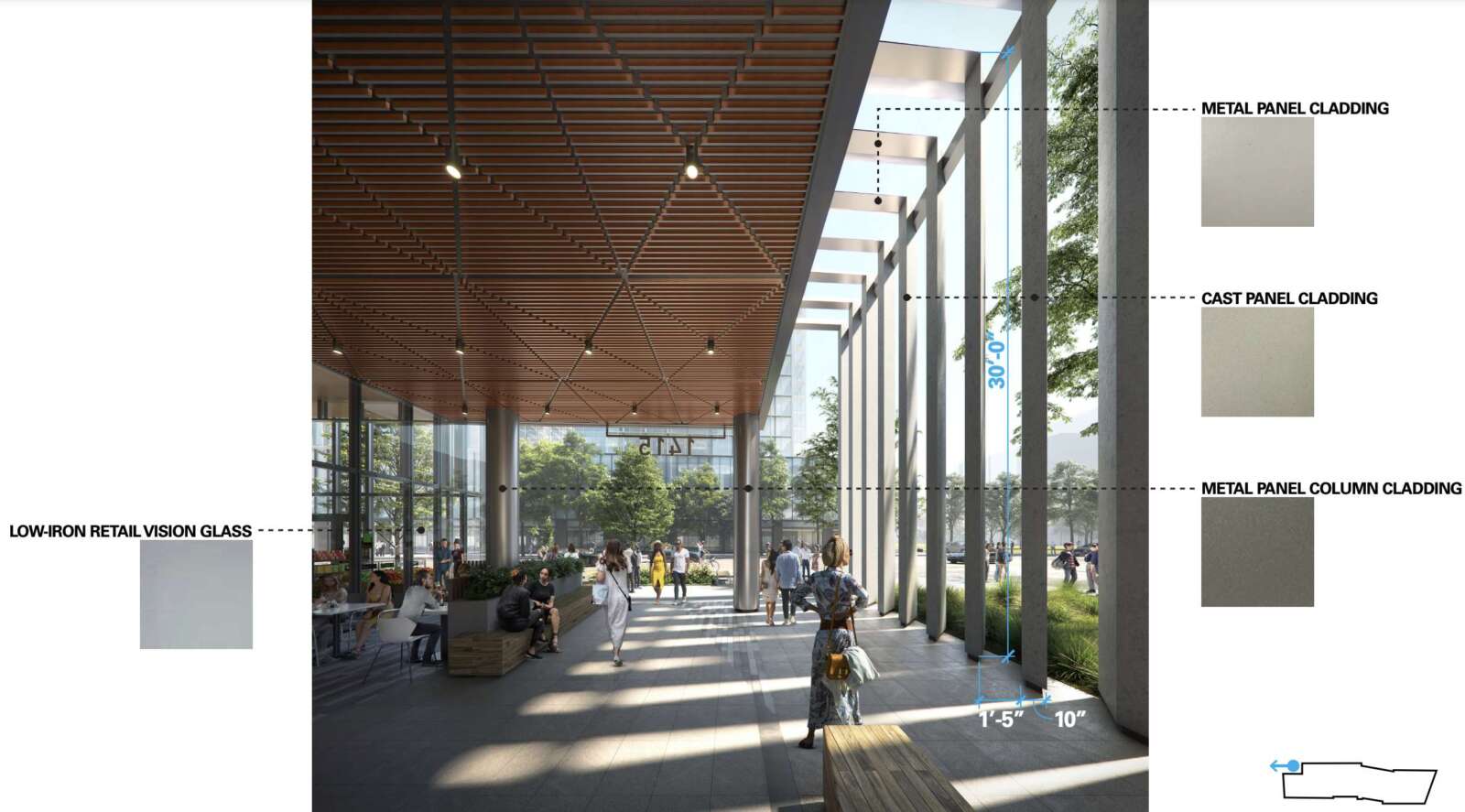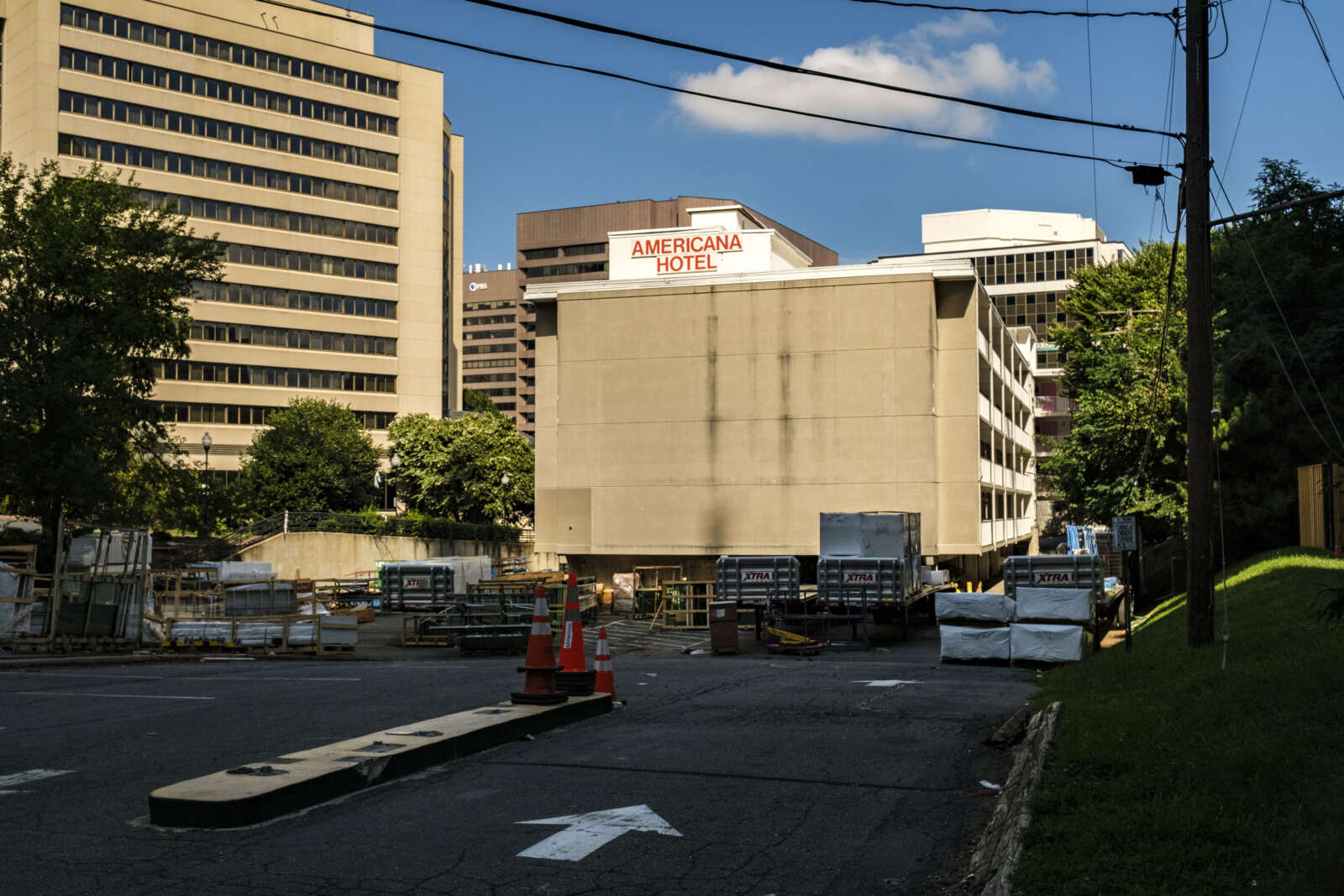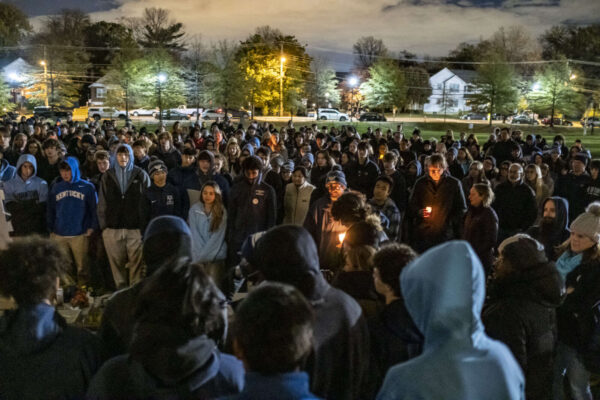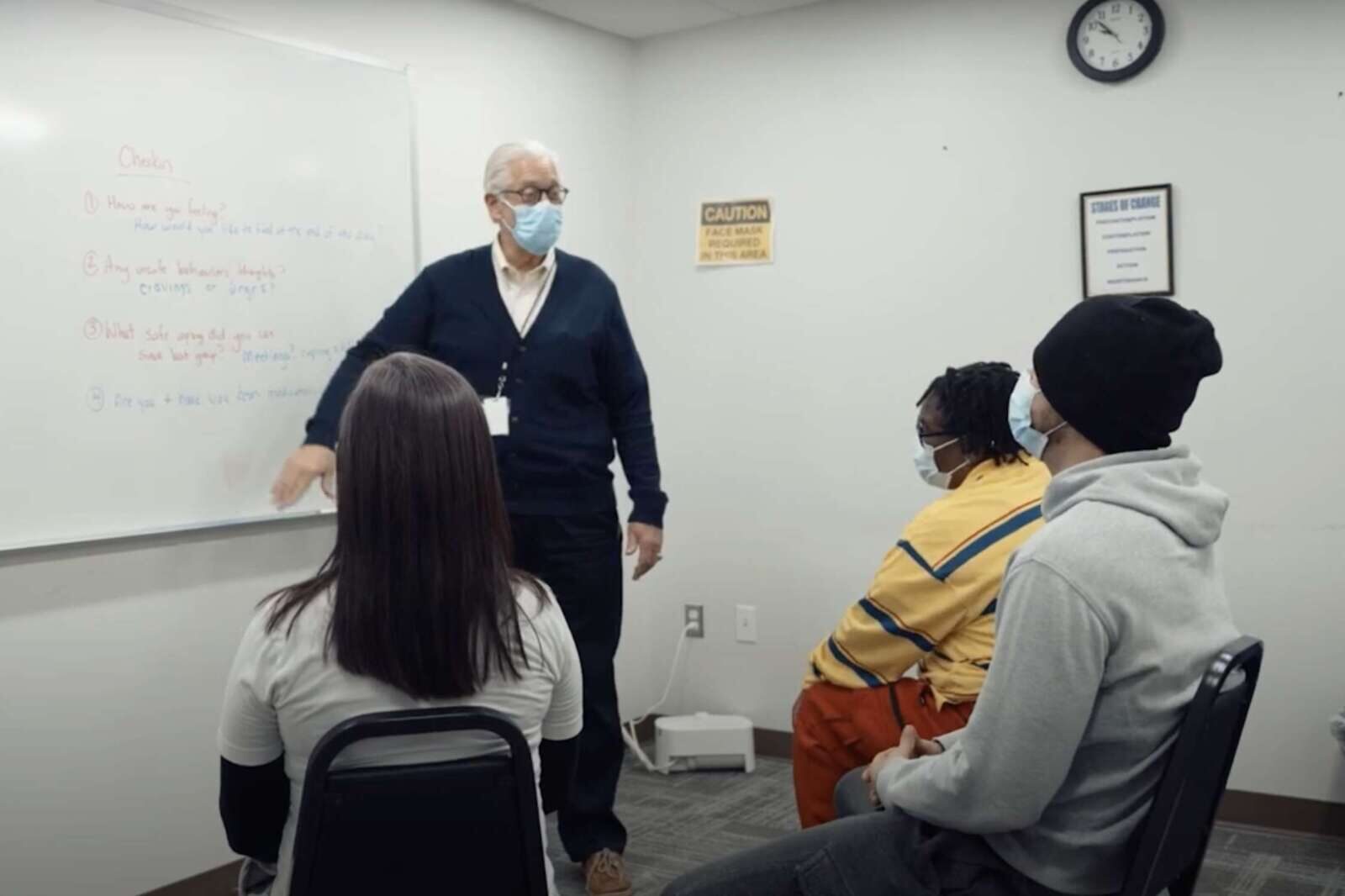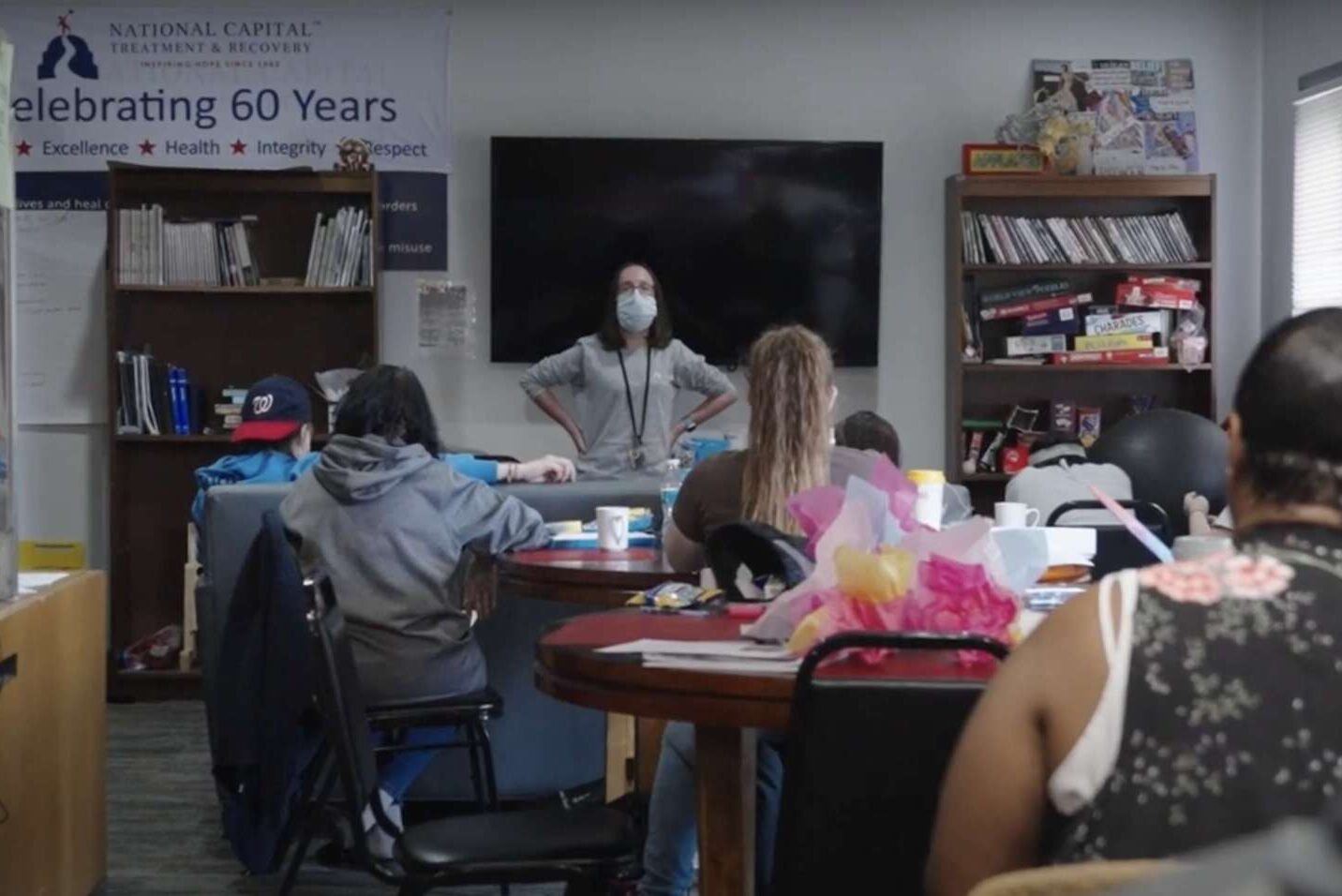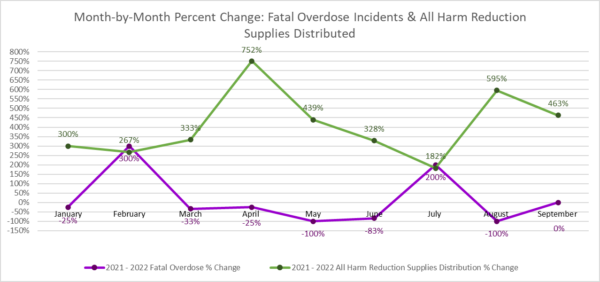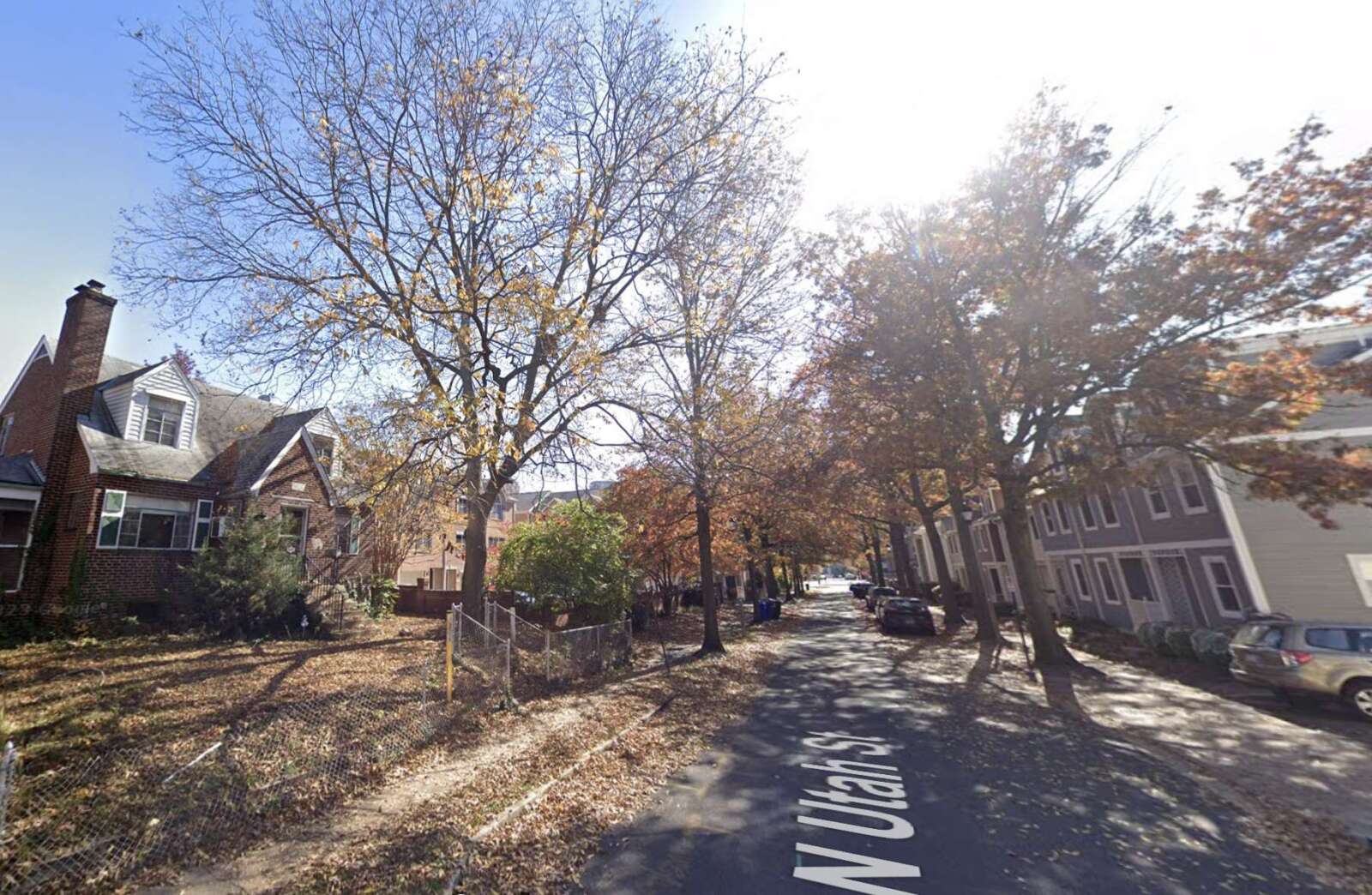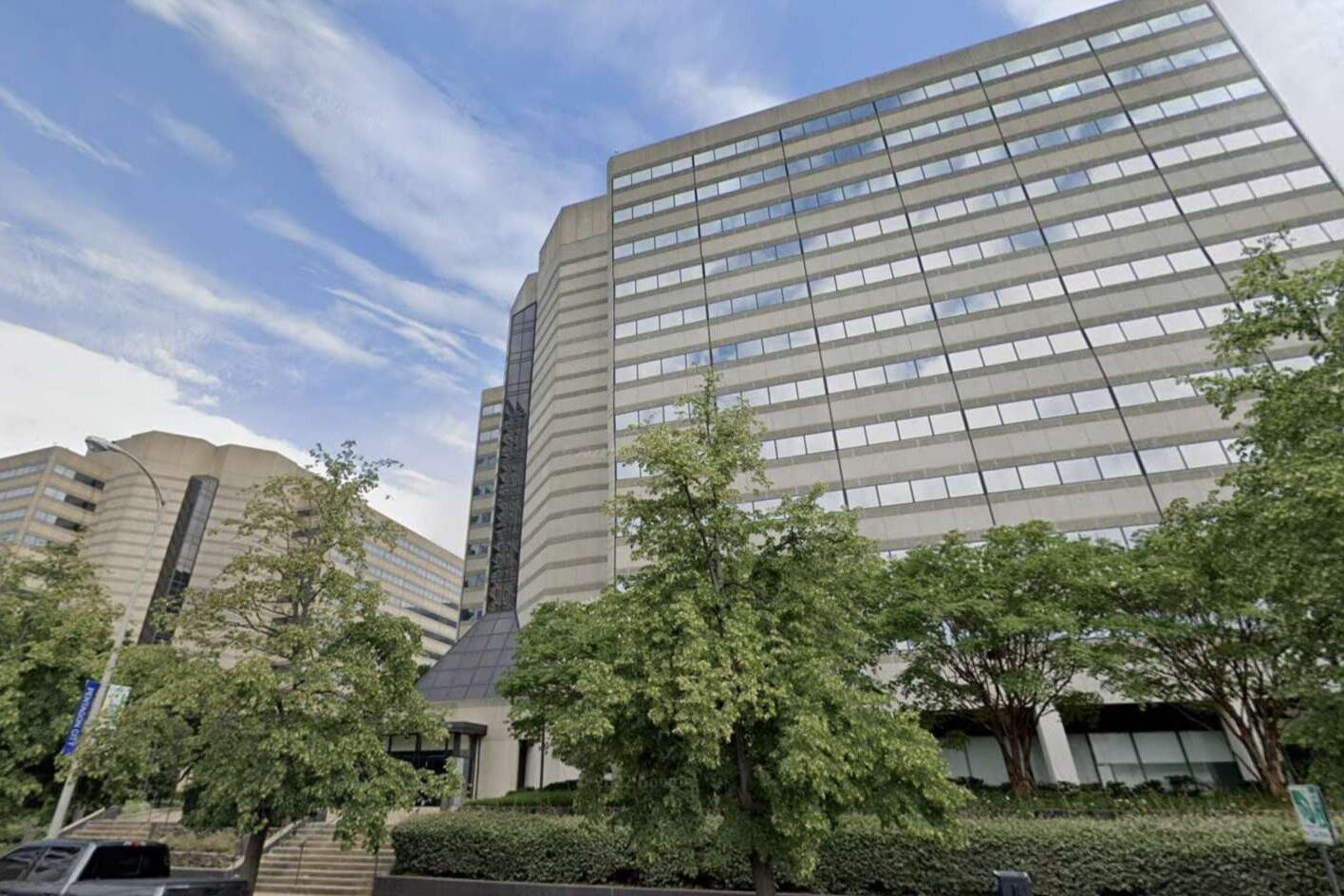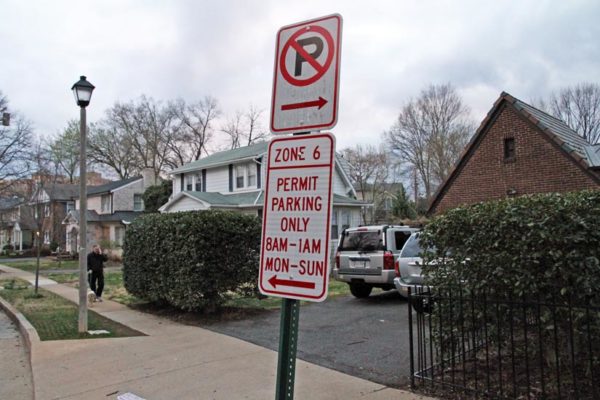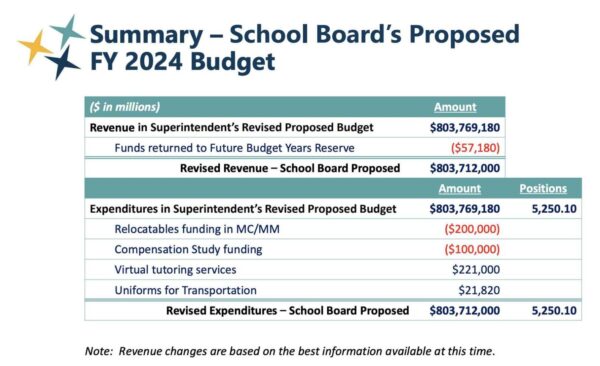Plans to redevelop the Americana Hotel in Crystal City cleared their penultimate hurdle despite criticism that the project does not provide on-site affordable housing.
The Planning Commission voted unanimously to approve plans from JBG Smith to redevelop the former motel at 1460 Richmond Hwy.
To get here, the developer has overcome sloping terrain and maneuvered future development plans for neighboring sites and Route 1, which the Virginia Department of Transportation plans to lower. The company also attended to lingering transportation and sustainability concerns.
JBG Smith proposes a 19-story apartment building with about 3,885 square feet of ground-floor retail. Of the 639 units, 33 will have three bedrooms. It’s across the street from Amazon’s under-construction HQ2, the first phase of which is expected to open this summer.
There will be two levels of underground parking, with 188 residential and visitor parking spaces, and 206 off-site parking at the Bartlett Apartments. JBG Smith proposes a 2,800 square-foot green space area with a small, private outdoor amenity area and a small dog run.
As for affordable housing, JBG Smith is making a baseline contribution to the county’s Affordable Housing Investment Fund (AHIF) of $2.1 million and making an additional $7.53 million contribution to leverage about 80 committed affordable units (CAFs) at the Crystal House Apartments at 1900 S. Eads Street, about one-third of a mile away.
There, two developers will oversee the construction of 655 CAFs and 189 market-rate units. Amazon helped a nonprofit purchase the 16-acre site and stabilize rent for the 828 existing units and build new units, later donating the land and development rights to Arlington County.
Some Planning Commission members, however, were emphatic that all future projects need some on-site affordable units.
“Every project needs to have on-site affordable housing. Period. Every single project,” Chair Devanshi Patel said.
Currently, developers seeking a large-scale redevelopment can offset that with an AHIF contribution or the provision of on-site or off-site units. In exchange, they can build taller buildings and, in the case of apartments, add more units. Most developers will make a cash contribution and it is rarer to see on-site units, though some recent projects have included setting aside existing units off-site for affordable housing.
“If we hold ourselves out to be a ‘welcoming, thriving, inclusive community,'” — and here she changed voices, suggesting air quotes or skepticism — “then we need to stand by that and that means we need to have affordable housing at every project,” Patel said.



